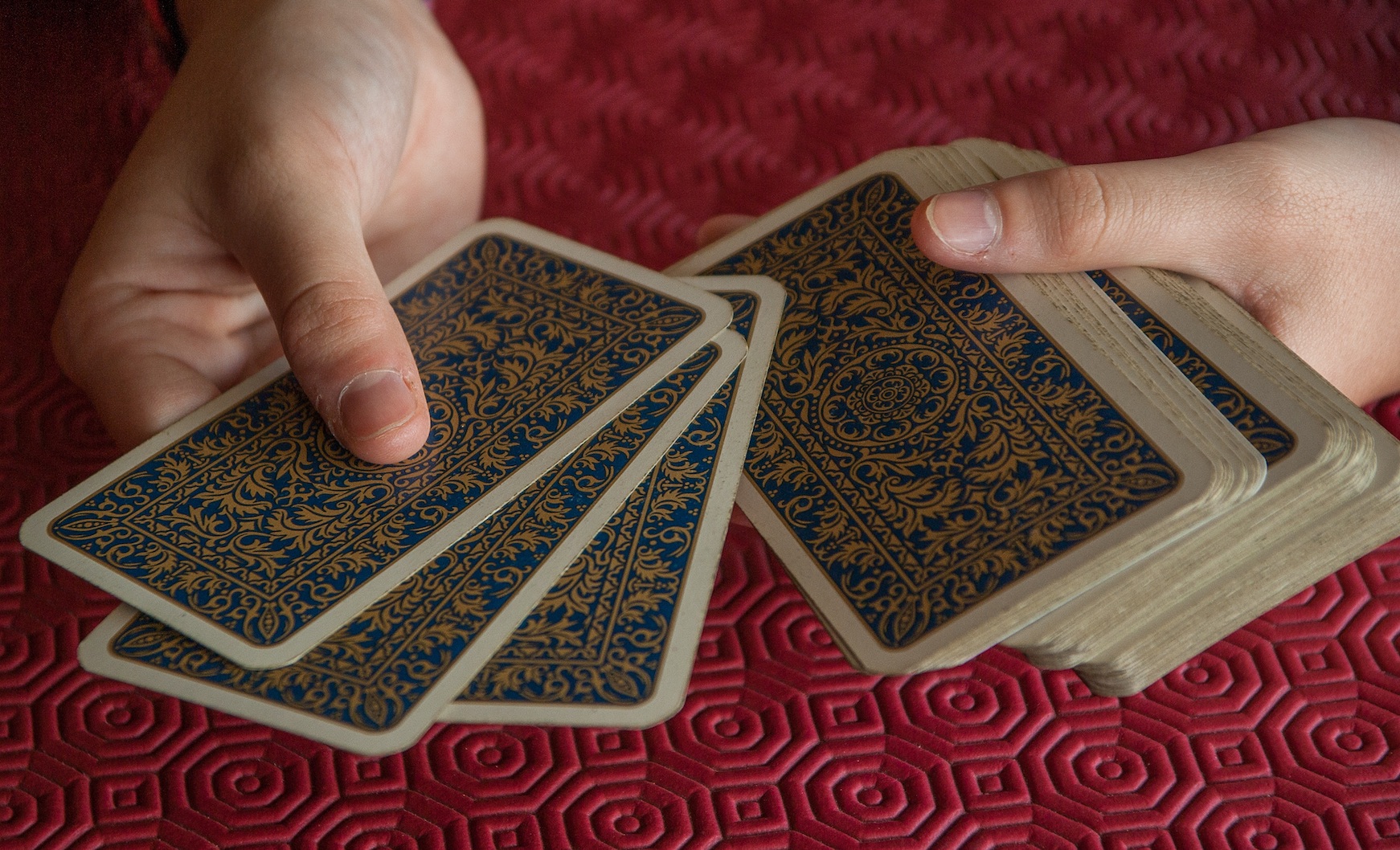Herbal magick, an ancient and nuanced practice, intertwines the natural world’s gifts with the mystical. This art form, distinct from the stage “magic” often seen in popular culture, is rooted in the belief that plants and herbs carry specific energies and properties that can be harnessed for various purposes.
Through this post, we’ll embark on a journey to understand the intricate relationship between herbs and magickal practices, offering insights into how one can integrate these natural elements into their own spiritual or magickal practices.
Understanding Herbal Magick
Herbal magick, at its core, is the practice of using herbs to create changes in one’s physical or spiritual environment.
It’s based on the principle that every herb possesses unique vibrations and properties, which can be utilized to amplify intentions or create specific outcomes. These plants serve as connectors to the natural world, offering a tangible way to tap into the earth’s inherent energies.
In herbal magick, understanding the specific attributes of each herb is crucial, as it allows practitioners to choose the right herb for their specific magickal goal, whether it be for healing, protection, love, or prosperity.
Essential Herbs in Magickal Practices
Commonly Used Herbs
The world of herbal magick is rich with a variety of plants, each carrying its own unique energy. Some of the most commonly used herbs include lavender, known for its calming and purifying properties; rosemary, often used for protection and mental clarity; and sage, a powerful herb for cleansing and warding off negativity.
Each herb not only brings its own unique energy but also has a history and tradition in magickal practices, making them staples in many spells and rituals.
Sourcing and Selecting Herbs
Selecting the right herbs is just as important as knowing their properties. Quality is key – fresh, organic herbs are generally more potent. If growing your own herbs, imbuing them with your energy can enhance their magickal properties.
When purchasing, sourcing from reputable suppliers who understand and respect the sacred nature of these plants is essential.
Tools of the Trade
The practice of making potions requires specific tools, each playing a vital role in the process. A cauldron or pot is typically used for brewing and mixing herbs. A mortar and pestle are essential for grinding herbs, helping to release their energies and essences. Jars and bottles are needed for storing potions, ideally in materials that preserve their potency.
Taking care of these tools, which includes regular cleansing and charging, is vital to maintain their effectiveness in potion making.
Crafting Your First Herbal Potion
Creating your first herbal potion is an exciting step into the world of herbal magick. Begin by setting a clear intention for your potion. This focus will guide you in selecting the appropriate herbs. For instance, a potion for relaxation might include lavender and chamomile.
The preparation process involves carefully measuring and blending your chosen herbs, often while focusing on your intention to imbue the potion with your desired outcome.
The brewing process, typically involving simmering the herbs in water, allows the essences and energies of the herbs to meld and infuse into the potion.
Advanced Potion Making Techniques
Infusions, Decoctions, and Tinctures
As one delves deeper into potion making, advanced techniques such as infusions, decoctions, and tinctures come into play. Infusions involve steeping herbs in hot water, while decoctions require simmering tougher plant parts like roots and bark.
Tinctures, on the other hand, involve preserving the herb’s properties in alcohol or vinegar. Each method extracts different qualities from the herbs, offering varied ways to harness their magickal properties.
Customizing Potions
An advanced practitioner might also incorporate additional elements into their potions. These could include crystals for added energy, specific colors for symbolic purposes, or aligning the potion-making process with moon phases for enhanced potency.
Customizing potions in this way allows for a more tailored and powerful magickal outcome.
Ethical Considerations and Safety in Herbal Magick
In the realm of herbal magick, ethical sourcing and safety are paramount. It’s crucial to source herbs responsibly, ensuring they are harvested sustainably and with respect to the environment and indigenous cultures.
Many herbs used in magickal practices have roots in various traditions, and acknowledging and respecting their cultural origins is vital. Safety is another major consideration, especially when working with herbs that are ingested or applied topically.
Understanding the properties and potential side effects of each herb is essential to ensure safe practice. This includes awareness of any personal allergies or interactions with medications, as well as the proper dosages and preparations for each herb.
Herbal magick is a fascinating and deeply rewarding practice, offering a unique way to connect with the natural world and harness its energies for personal growth, healing, and transformation. As we’ve explored, the practice is rich with history, meaning, and potential.
Whether you are a beginner or an advanced practitioner, the world of herbal magick is always ripe for exploration and discovery. With respect, knowledge, and a mindful approach, anyone can incorporate the power of herbs into their magickal practices.















